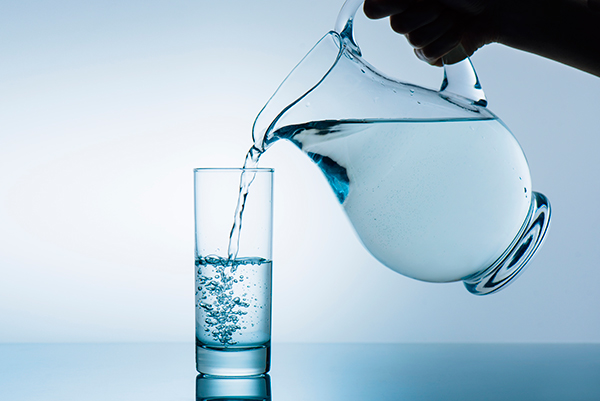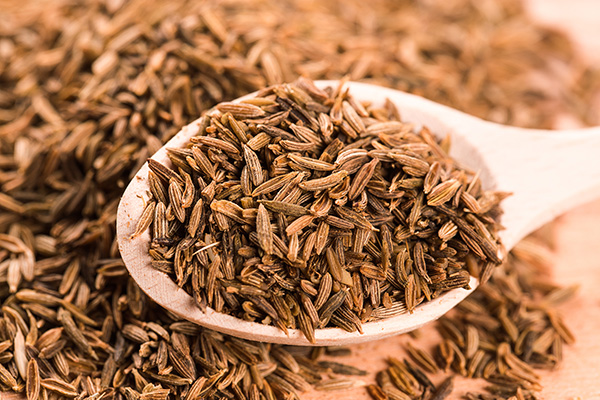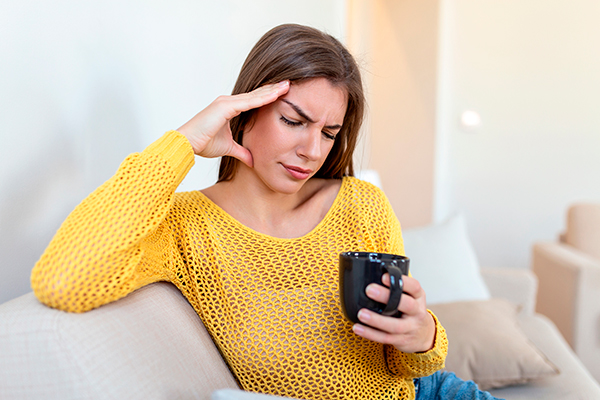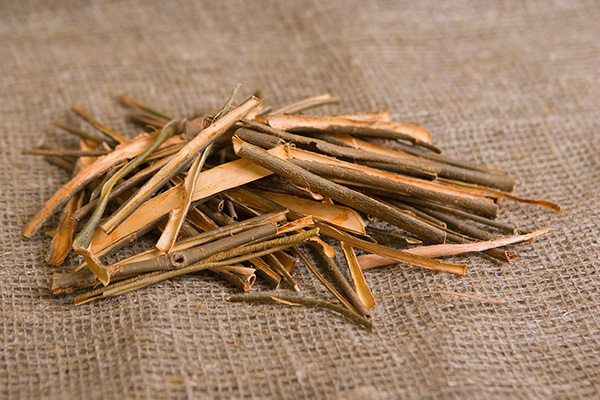Why Does Tea Make You Pee?
Tea, a timeless drink that people all over the world enjoy, has always been associated with relaxation and tranquility. But have you ever wondered why tea seems to send you to the bathroom more often than other beverages?

Why Does Tea Make You Pee?
Tea mainly makes you pee because it contains caffeine, a natural diuretic. Diuretics are substances that increase the production of urine by promoting the excretion of water and electrolytes from the body.
Caffeine stimulates the kidneys, increasing their filtration rate and, as a result, causing you to urinate more frequently.
Additionally, tea is mostly water, which adds to the overall volume of fluid intake, and hence, the need to visit the bathroom.
Does Tea Dehydrate You?
Despite its diuretic properties, tea is not considered a dehydrating drink. While caffeine can lead to increased urination, the water content in tea generally balances this effect, ensuring that your body remains adequately hydrated.
However, moderation is key, as excessive consumption of highly caffeinated tea may cause dehydration.
What Tea Makes You Pee the Most?
Different types of tea have varying levels of caffeine, which can affect the frequency of urination.
Let’s take a look at some of the teas that may make you pee the most.
Matcha Tea
Matcha tea is known for its high caffeine content. Since it’s made from powdered green tea leaves, you’re consuming the entire leaf, resulting in a more potent diuretic effect compared to other teas.
Black Tea
Black tea is another variety with a relatively high caffeine content. The longer oxidation process during its production results in stronger flavors and a more pronounced diuretic effect.
Pu-erh Tea
Pu-erh tea, a fermented Chinese tea, contains moderate to high levels of caffeine, depending on the age and type of the tea. As a result, it may also have a stronger diuretic effect.
Green Tea
Green tea, especially shaded varieties like gyokuro and kabusecha, is more potent in terms of caffeine content. This is due to the unique growing conditions that increase the concentration of certain compounds, such as caffeine, in the tea leaves.
Which Tea Is the Least Diuretic?
If you’re looking for teas with a milder diuretic effect, consider the following options:
- White tea: White tea is a minimally processed tea that has a lower caffeine content compared to black or green tea.
- Herbal teas: Many herbal teas, such as rooibos, chamomile, peppermint, or lemon balm, are caffeine-free and make a great choice for those seeking a less diuretic beverage.
Final Thoughts
Tea is a delicious and comforting drink enjoyed by millions around the world. Although it can make you pee more frequently due to its caffeine content, it’s generally not dehydrating when consumed in moderation.
Opt for teas with lower caffeine levels or caffeine-free herbal infusions to minimize diuretic effects.
FAQ
Does Tea Make You Pee More Than Coffee?
While both tea and coffee contain caffeine, coffee typically has a higher concentration, which may lead to increased urination. However, individual responses to caffeine may vary, so the effects may differ from person to person.
Does Tea Make You Pee Faster Than Water?
Tea may make you pee faster than water due to its caffeine content, which acts as a diuretic, stimulating the kidneys to increase urine production. However, this effect may be influenced by the type and strength of the tea, as well as individual responses to caffeine.
Is Tea Bad for the Bladder?
In moderate amounts, tea is not harmful to the bladder. In fact, some studies suggest that tea may have positive effects on bladder health, such as reducing the risk of bladder cancer. However, excessive consumption of caffeinated tea may lead to bladder irritation or frequent urination in some individuals, so it’s important to monitor your own response and adjust your tea consumption accordingly.
Is Tea a Diuretic or a Laxative?
Tea can act as a mild diuretic due to its caffeine content, stimulating the kidneys and increasing urine production.
While some teas, such as senna or cascara, have laxative effects, most common teas do not possess significant laxative properties.
It’s important to note that individual responses to tea may vary, so listening to your body and adjusting your tea consumption as needed is essential.
Is Tea Bad for Kidneys?
Tea, when consumed in moderation, is not generally harmful to the kidneys. In fact, some studies have suggested that tea, especially green tea, may have protective effects on kidney health due to its antioxidant properties.
However, excessive consumption of tea, particularly those high in caffeine or oxalates, may pose risks to kidney health. High caffeine intake can lead to increased blood pressure, which may contribute to kidney damage over time. Additionally, excessive intake of oxalates, found in some teas like black tea, may increase the risk of developing kidney stones in susceptible individuals.
As with any beverage or food, moderation is key. To ensure that tea does not adversely affect your kidneys, it is important to consume it in reasonable amounts and choose lower-caffeine or oxalate-free tea varieties if you are at risk for kidney issues.
Can Tea Make My Mouth Dry?
Yes, tea can potentially make your mouth dry. This phenomenon, known as “tea tannin dry mouth,” is due to the tannins found in tea, which can cause a dry or puckering sensation in the mouth.
Which Herbal Teas May Have Diuretic Effects?
Several herbal teas are known for their potential diuretic effects, which means they can help increase urine production and remove fluid from your body. These include dandelion tea, hibiscus tea, green tea, fennel tea, nettle tea, and parsley tea.






